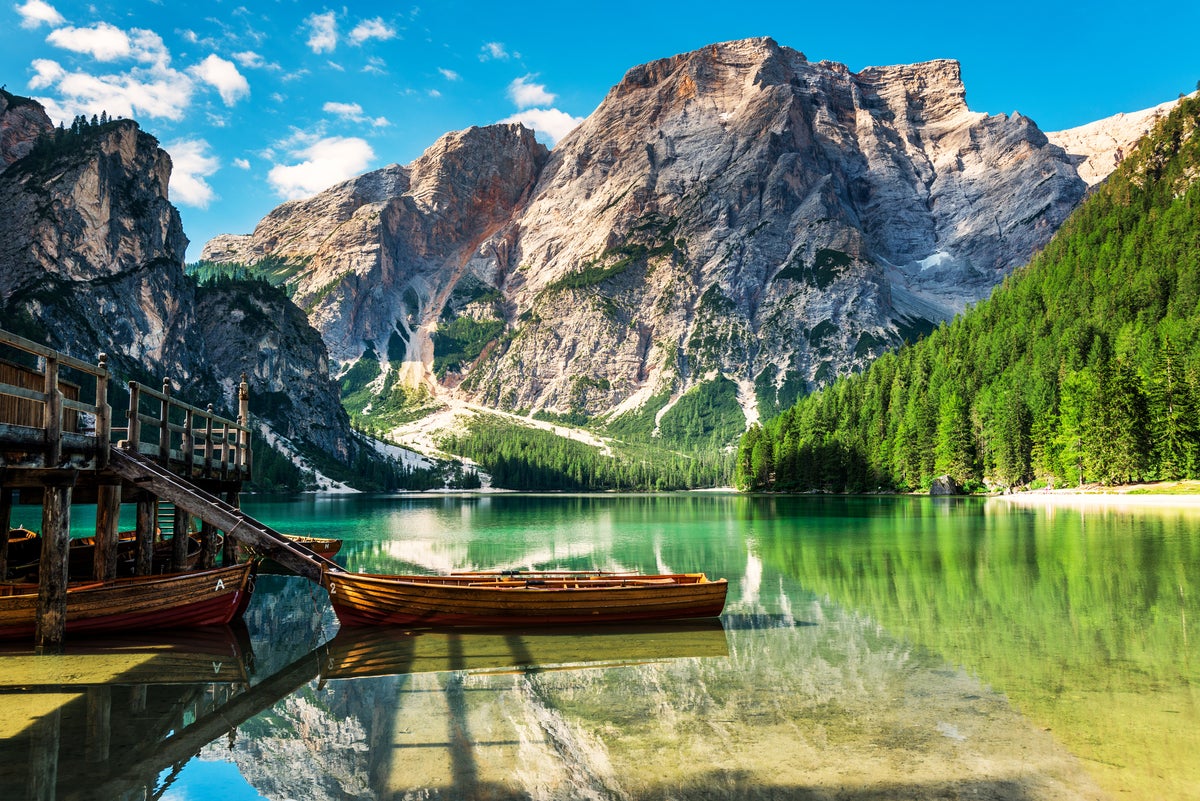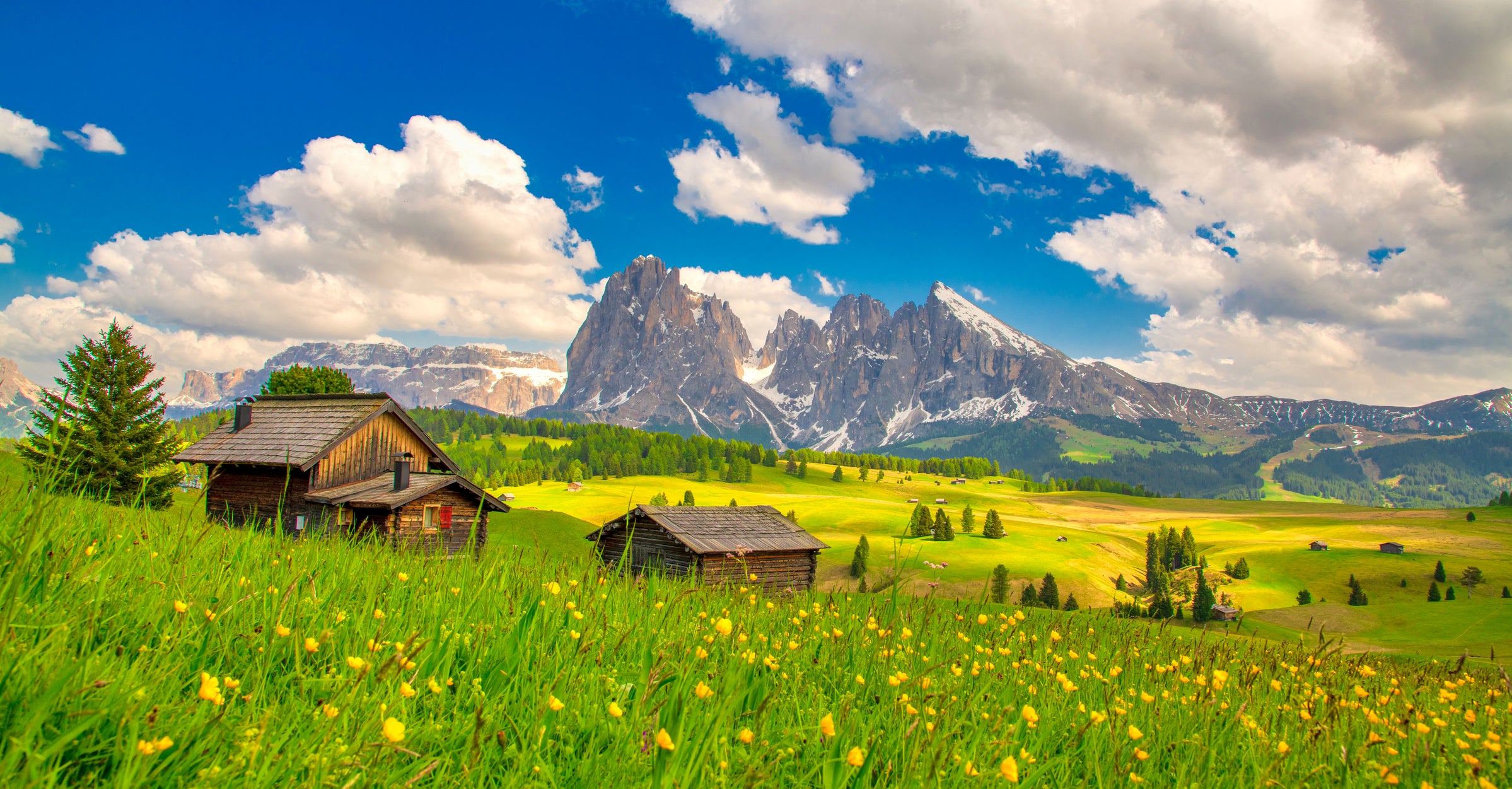
Visitors to Italy could find it more difficult to find accommodation in the tourist region of Trentino Alto Adige due to new rules limiting the number of overnight guests.
The minister for tourism, Arnold Schuler, told CNN that the region has “reached the limit” of how many visitors it can handle.
In 2022, there were 34 million visitors to the small region in the north of Italy, which is home to the spectacular mountain scenery of the Dolomites and peaceful hiking trails past glacial lakes.
The tourism chief proposed the new restrictive measures to ensure the region’s areas of outstanding natural beauty such as the glacial Lago di Braies and the Alpine meadow Alpe di Siusi do not become overcrowded.

Numbers of overnight visitors in the Northern Italy region will be capped at 2019 levels in the new rules, which have been adopted with immediate effect to cut down on overtourism.
No more guest houses, Airbnbs or hotels are allowed to open unless an existing one closes down.
Over the past five years, the number of Airbnbs in the area rose by 400 per cent, leading to an increase in traffic to and more footfall. There are often queues of people walking around at the same time, which touism chiefs believe spoil the effect of being “at one” with nature.
The region’s popularity has also affected local residents, making it difficult for them to find affordable housing and to drive locally without getting stuck in traffic jams.
In the new rules, access to the glacial Lago di Braies will require pre-registration in advance to cap vehicles and avoid the paths around the lake becoming bottle-necked by too many people.
Access to the Alpe di Siusi, a huge Alpine meadow in the shadow of the mountains, has also been restricted, with no access to private vehicles between 9am and 5pm. Visitors will only be able to access the meadow via public transport.
Arnold Schuler justified the measures, saying: “Tourists come here to hike and to see beautiful places, not to find themselves in a traffic jam.
“The tourism sector is very important for us, for jobs and the economy, but we had reached the limit, so we took these measures to guarantee a better management of the flow of people, and to guarantee lodging for tourists.”
The move comes after the Italian city of Venice announced plans to bring in a tourist tax to avoid overtourism.
Plans are being made up, but not yet enforced, to charge visitors between €3 and €10 per day to enter Venice or risk a €300 fine.







